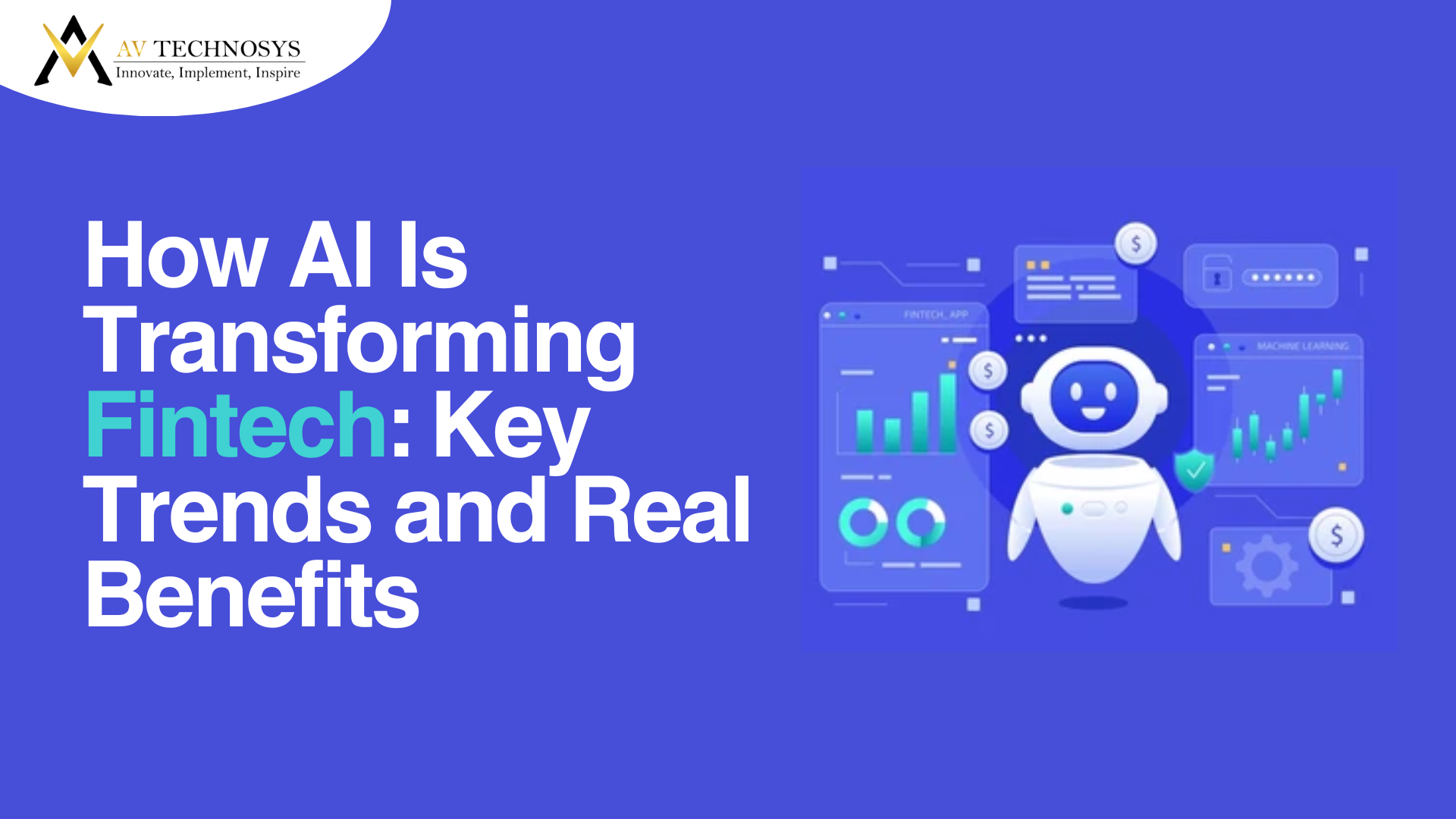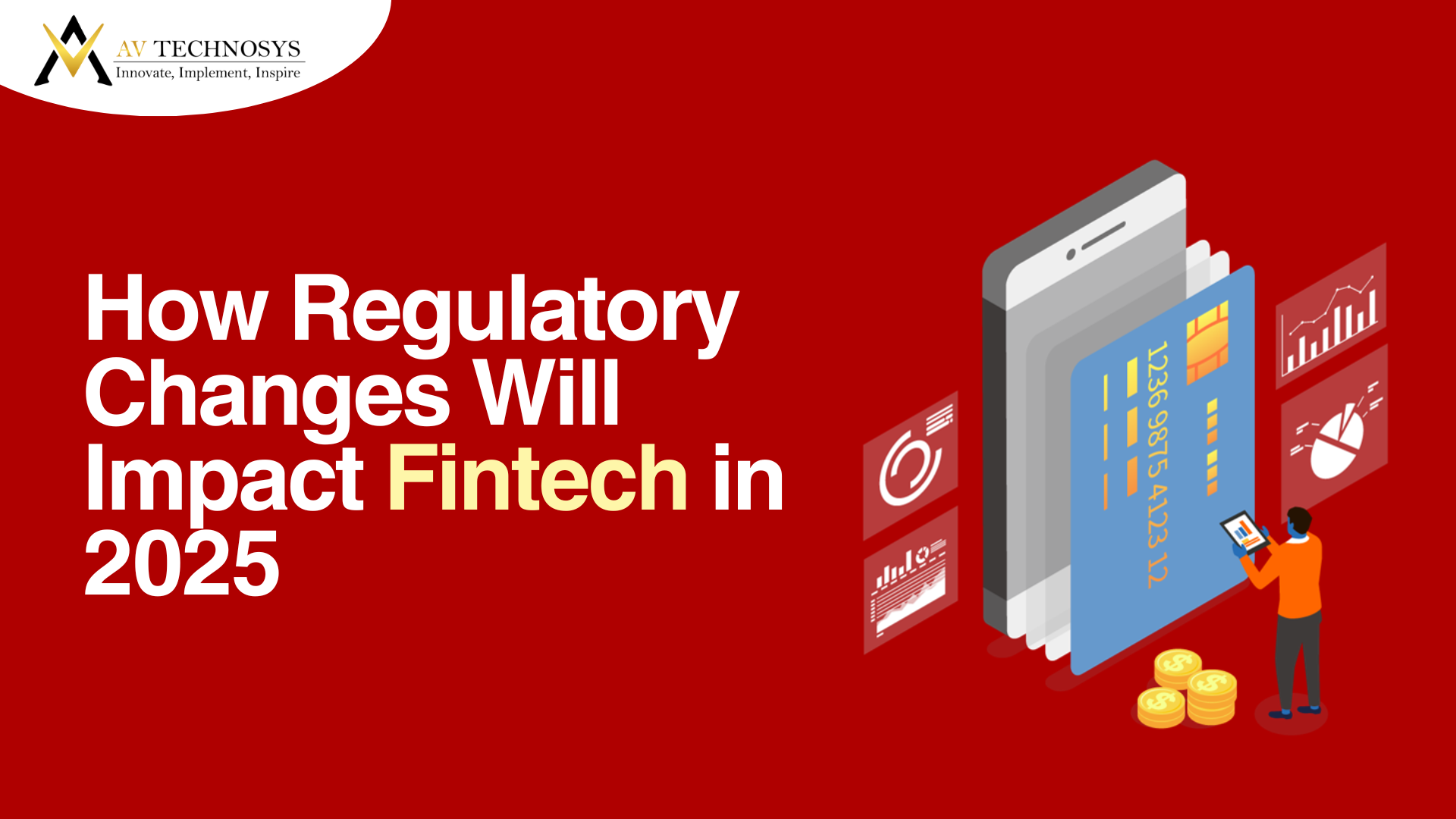AI in Telemedicine: Shaping the Future of Virtual Healthcare
Discover how AI in telemedicine is transforming virtual healthcare with smarter diagnostics, personalized treatments, and enhanced patient care.


Artificial Intelligence
The way people access healthcare has undergone significant changes in recent years. What once required long waits in crowded hospital corridors or lengthy commutes to medical centers can now often be done from the comfort of home. Telemedicine remote delivery of healthcare services using digital technologies, has become a vital part of modern healthcare. And at the heart of this transformation lies artificial intelligence (AI).
AI is not just improving virtual consultations; it is redefining how patients are diagnosed, monitored, and treated remotely. From predictive analytics to real-time monitoring and virtual health assistants, AI is shaping a smarter, faster, and more personalized healthcare system.
In this blog, we’ll explore how AI is revolutionizing telemedicine, the opportunities it creates for healthcare providers and patients, and the challenges it must overcome to reach its full potential.
The Rise of Telemedicine
Before diving into AI’s role, it’s important to understand how telemedicine itself has evolved. While digital healthcare tools have been around for decades, the COVID-19 pandemic accelerated adoption on an unprecedented scale. In 2020, telehealth visits in the U.S. surged by more than 63 times compared to pre-pandemic levels, according to McKinsey.
Patients quickly realized the benefits of convenience, safety, and accessibility. Doctors, too, discovered that telemedicine could ease hospital overcrowding and allow them to reach more patients. Today, telemedicine is not just an emergency solution; it is an essential pillar of healthcare delivery.
But to scale effectively, telemedicine requires advanced technologies that can handle vast amounts of patient data, assist in decision-making, and provide accurate recommendations. That’s where AI steps in. With the right AI Development Services, healthcare providers can unlock smarter diagnostics, personalized treatments, and a seamless patient experience.
How AI Is Powering Telemedicine
AI enhances telemedicine by making healthcare smarter, faster, and more personalized. Let’s break down the key areas where AI is leaving its mark:
1. AI-Powered Diagnostics
Traditionally, remote consultations have been limited by the lack of physical examinations. However, AI-driven diagnostic tools are bridging this gap. For example:
Image recognition algorithms can analyze X-rays, CT scans, and MRIs uploaded through telemedicine platforms, providing instant results.
Symptom checkers powered by natural language processing (NLP) guide patients before their consultation by suggesting possible conditions based on reported symptoms.
This speeds up the diagnostic process and allows doctors to make more informed decisions during virtual visits.
2. Remote Patient Monitoring (RPM)
Wearable devices such as smartwatches, glucose monitors, and heart rate trackers collect continuous health data. AI interprets this data in real-time, spotting abnormalities and alerting doctors before conditions worsen.
For example, AI can detect irregular heart rhythms from ECG-enabled wearables or predict potential diabetic complications from glucose fluctuations. This proactive approach reduces hospitalizations and empowers patients to manage chronic conditions at home.
3. Virtual Health Assistants
Chatbots and AI-powered virtual assistants are becoming a staple in telemedicine. They:
Answer routine health queries
Remind patients to take medications
Assist in scheduling appointments
Provide mental health support through conversational AI
These tools free up valuable time for healthcare professionals while giving patients around-the-clock access to basic healthcare guidance.
4. Predictive Analytics for Preventive Care
AI algorithms analyze historical medical records, lifestyle data, and genetic information to predict future health risks. For example, an AI tool might identify a patient as high-risk for developing hypertension based on patterns in blood pressure readings, diet, and family history.
Such predictive capabilities make telemedicine a proactive system, shifting focus from treatment to prevention.
5. Personalized Treatment Plans
No two patients are the same, and AI ensures that care reflects this individuality. By analyzing genetic, lifestyle, and environmental data, AI creates customized treatment plans tailored to each patient’s needs. In telemedicine, this personalization translates to better outcomes and higher patient satisfaction.
Benefits of AI in Telemedicine
The integration of AI in telemedicine offers wide-ranging benefits for both patients and healthcare providers.
For Patients:
Accessibility: Patients in rural or underserved areas can access quality healthcare without traveling long distances.
Affordability: Virtual visits and AI-powered triage reduce unnecessary hospital visits, lowering overall costs.
Convenience: 24/7 support through chatbots and virtual assistants enhances patient experience.
Faster Care: AI speeds up diagnostics and provides immediate responses in urgent situations.
For Healthcare Providers:
Efficiency: Doctors can handle more patients effectively with AI-powered assistance.
Reduced Burden: Routine tasks like documentation, symptom triage, and follow-ups can be automated.
Data-Driven Insights: AI provides real-time analysis, helping clinicians make evidence-based decisions.
Scalability: Clinics and hospitals can extend their reach to larger populations without overstretching resources.
Real-World Applications
AI-driven telemedicine is not just theoretical; it’s already being implemented across healthcare systems worldwide. Some examples include:
Babylon Health: A UK-based telemedicine provider using AI chatbots to offer symptom checking and triage services.
Ada Health: An AI-powered app that guides patients through symptom assessment before connecting them with doctors.
AliveCor: A remote ECG monitoring tool that uses AI to detect heart conditions from wearable devices.
Buoy Health: A U.S.-based AI assistant that helps patients navigate their symptoms and directs them to appropriate care.
These examples highlight how AI is enabling scalable, accessible, and reliable healthcare solutions globally.
Challenges in AI-Powered Telemedicine
While the potential is vast, AI in telemedicine is not without challenges.
1. Data Privacy and Security
Healthcare involves sensitive personal data. Ensuring patient confidentiality while leveraging AI requires robust encryption, compliance with regulations like HIPAA, and strict cybersecurity measures.
2. Bias in Algorithms
AI systems are only as good as the data they are trained on. If datasets lack diversity, AI may produce biased results, potentially leading to misdiagnoses or unequal care.
3. Regulatory and Ethical Concerns
Different countries have varying regulations around AI in healthcare. Striking a balance between innovation and compliance is a constant challenge.
4. Patient Trust and Adoption
Not all patients are comfortable interacting with AI tools. Building trust through transparency and demonstrating consistent accuracy is crucial for mass adoption.
5. Integration with Existing Systems
Healthcare providers often use legacy systems. Integrating AI-powered telemedicine platforms with these systems can be complex and costly.
The Future of AI in Telemedicine
Looking ahead, AI in telemedicine will continue to evolve in exciting ways:
AI + IoT Healthcare Ecosystems: Smart homes equipped with IoT-enabled devices will continuously track health metrics, feeding data into AI-driven telemedicine platforms.
Augmented Reality (AR) and AI Consultations: Doctors may use AR combined with AI to guide patients through self-examinations during virtual appointments.
Global Healthcare Accessibility: AI-powered translation tools will break language barriers, making telemedicine accessible worldwide.
Precision Medicine at Scale: AI will deliver ultra-personalized care plans, tailoring treatments not just to individuals but to their genetic make-up.
Integration with Mental Health Care: AI-driven chatbots and teletherapy platforms will expand access to mental health support, reducing stigma and improving early intervention.
Conclusion
AI and telemedicine are a powerful combination, reshaping the future of healthcare. Together, they promise a system that is accessible, efficient, and patient-centered. While challenges remain, such as data privacy, regulatory frameworks, and patient trust, the momentum is undeniable.
As technology advances, the vision of a healthcare system where patients receive timely, accurate, and personalized care without leaving their homes is becoming a reality. At AV Technosys, we specialize in building cutting-edge AI-powered telemedicine solutions that empower healthcare providers to deliver smarter, more connected, and more patient-focused care.
Ready to revolutionize your healthcare services with AI-driven telemedicine? Partner with AV Technosys today and take the next step toward the future of digital healthcare.
FAQs
Q1. What is AI in telemedicine?
AI in telemedicine refers to the use of artificial intelligence technologies such as machine learning, natural language processing, and predictive analytics to enhance virtual healthcare services. It helps with diagnostics, remote patient monitoring, personalized treatment, and virtual health assistants.
Q2. How does AI improve virtual healthcare?
AI improves virtual healthcare by analyzing patient data faster, providing accurate diagnoses, predicting health risks, personalizing treatment plans, and supporting doctors through decision-making tools. It also enhances patient experience with 24/7 chatbots and virtual assistants.
Q3. Is AI in telemedicine safe?
Yes, AI in telemedicine is safe when implemented with proper security measures and compliance standards like HIPAA. However, ensuring data privacy, encryption, and transparency in AI algorithms is essential to maintain trust and safety.
Q4. Can AI replace doctors in telemedicine?
No, AI cannot replace doctors. Instead, it acts as a supportive tool, helping doctors analyze data, automate routine tasks, and make better-informed decisions. Human expertise, empathy, and judgment remain irreplaceable in healthcare.
Q5. What are the main challenges of using AI in telemedicine?
Some key challenges include data privacy concerns, regulatory restrictions, bias in AI algorithms, integration with existing healthcare systems, and building patient trust.
Q6. How does AI benefit patients directly?
AI benefits patients by providing faster diagnoses, personalized care, continuous remote monitoring, and convenient access to healthcare from home. It also makes healthcare more affordable and accessible, especially for those in remote areas.
📬 Get in Touch With Us
Name
Mobile No.
Message
Our Latest Blogs
Get the most recent information on trends, technology, and development insights.
View All Blogs

Ashish Bishnoi
07-05-2025
Discover how AI is reshaping fintech with key trends and real-world benefits driving innovation in 2025.

Veer choudhary
08-05-2025
Explore how new regulatory changes will shape the future of fintech in 2025 and beyond.

Veer choudhary
11-05-2025
Learn why fintech startups fail with real examples and key lessons to build smarter in 2025.
Our Technology Experts Are Catalysts for Digital Transformation
Book a Free call with Our Experts and Start Building the Future Today.

INDIA
238, 2nd floor, Purani Chungi,
DCM Road, Vaishali Nagar,
Jaipur, Rajasthan, 302017
+91 9983034111

UK
1-3 St Nicholas Street Worcester
WR1 1UW, United Kingdom
+44 7470994018

USA
15632 Lucy Lane ,
Frisco , TX , 75033
303-589-5158







